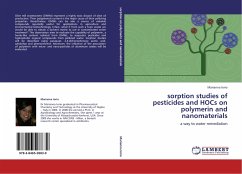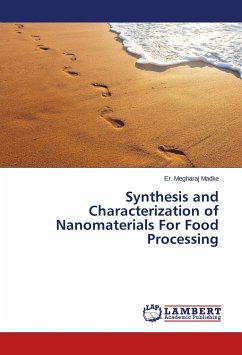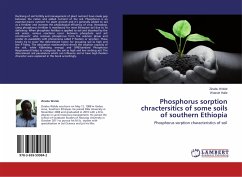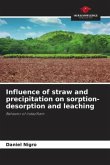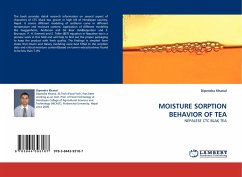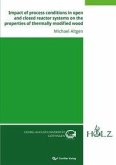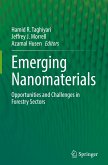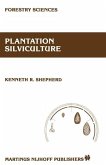Olive mill wastewaters (OMWs) represent a highly toxic discard of olive oil production. Their polyphenols content is the major cause of their polluting properties. Nevertheless, OMWs can be also a source of valuable compounds reputedly useful for applications in agriculture and environmental biotechnology. Infact, what if from such a toxic waste we would be able to obtain a sorbent matrix to use in contaminated water treatment? This dissertation aims to evaluate the capability of polymerin, a humic-like sorbent isolated from OMWs, to sequester pesticides and hydrophobic organic compounds from polluted water. Sorption studies will be described using paraquat, 2,4-dichorophenoxy acetic acid, cyhalofop and phenanthrene. Moreover, the influence of the association of polymerin with micro- and nano-particles of aluminium oxides will be evaluated.
Bitte wählen Sie Ihr Anliegen aus.
Rechnungen
Retourenschein anfordern
Bestellstatus
Storno

